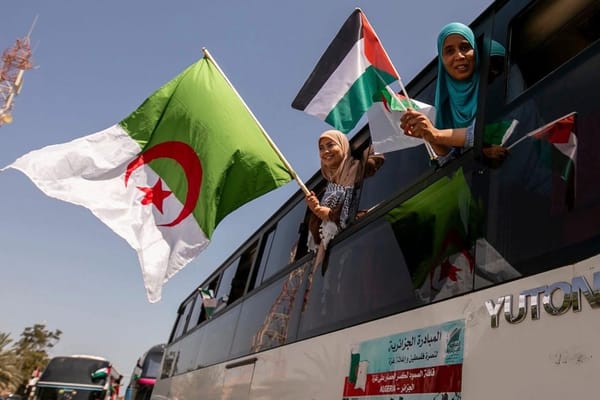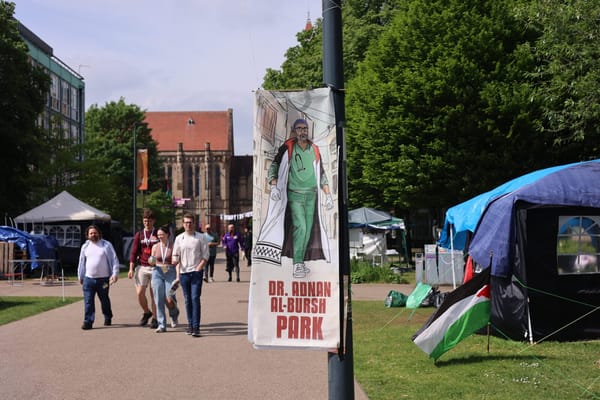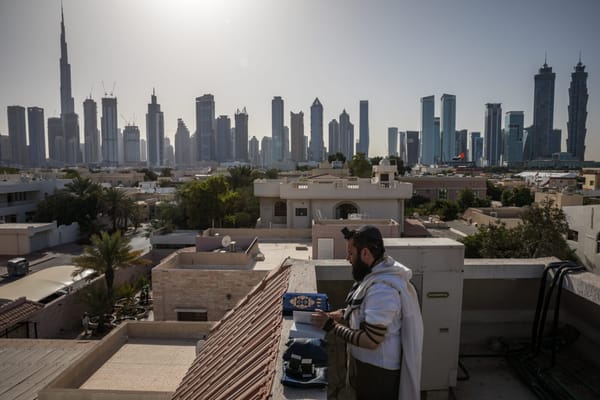"I Am Living in a Foreign Country Here"
A friend introduced me to ‘Abd al-Haq during the elections in Algeria in December 1991. I was surveying the electoral behavior of youths of the poorer quarters of Algiers (the casbah), the suburbs (Bachdjarah) and a mixed neighborhood (El-Biar). At the time I was trying to meet pietistes (devout one









